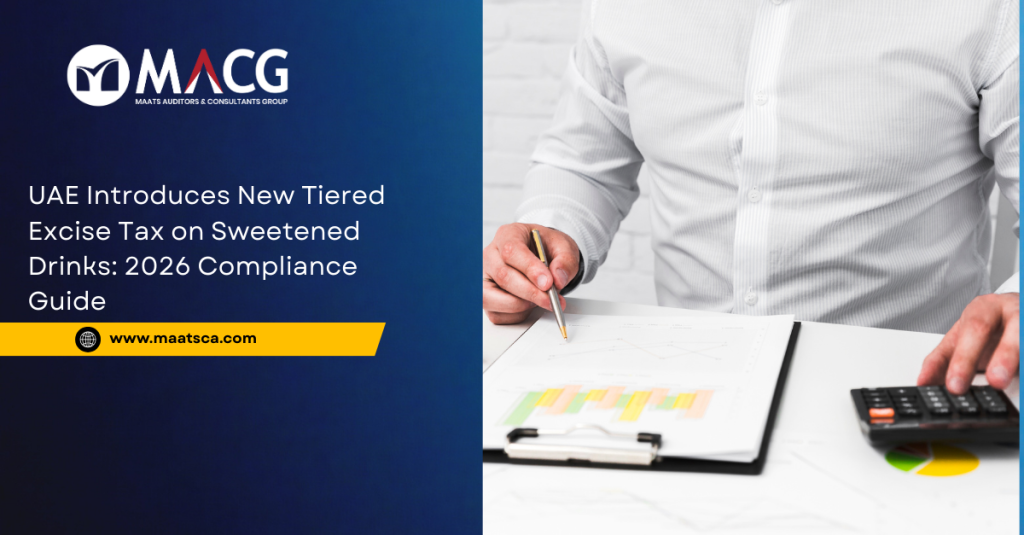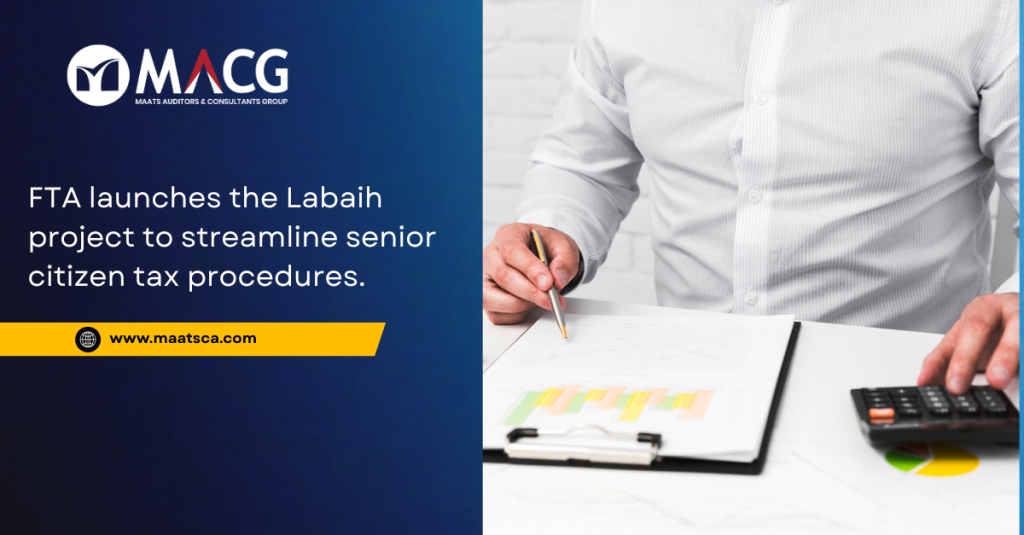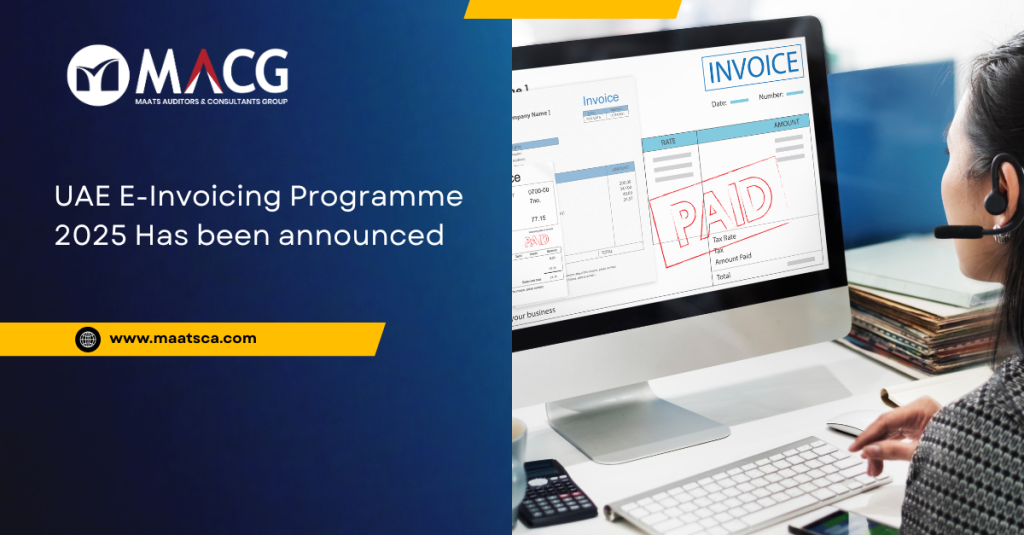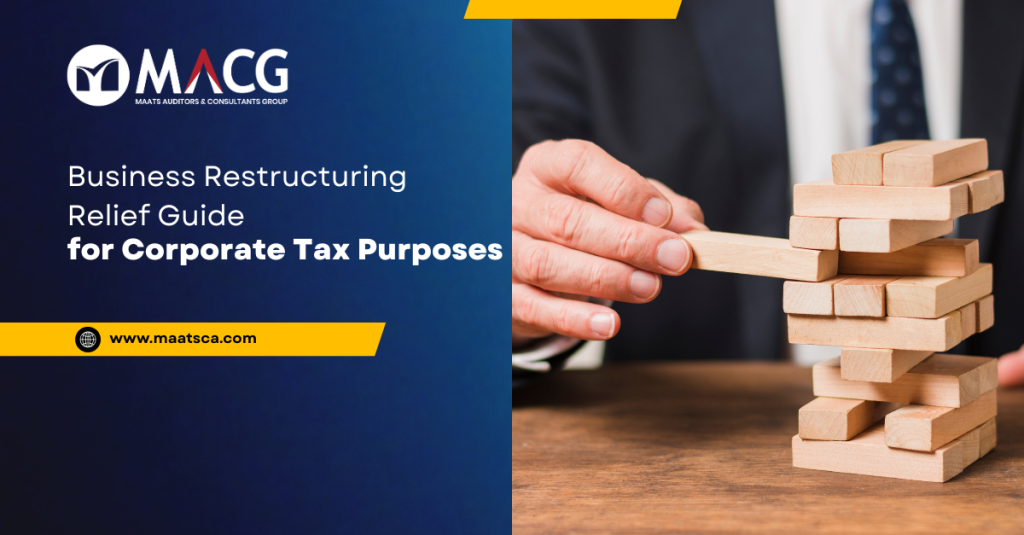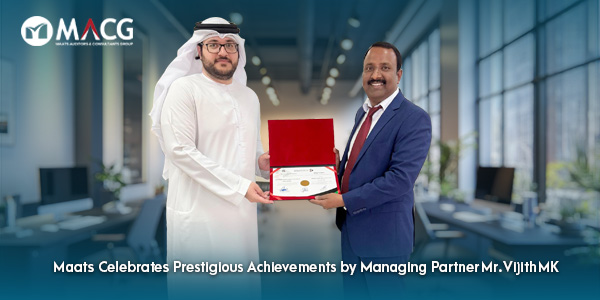UAE Introduces New Tiered Excise Tax on Sweetened Drinks: 2026 Compliance Guide
By implementing a stacking of excise tax on sweetened beverages, Cabinet Decision No. 197 of 2025, the UAE government recently proposed a significant overhaul of its excise tax structure. Beginning on January 1, 2026, this reform determined the excise tax on sweetened beverages in the United Arab Emirates based on the amount of sugar per 100 milliliters. The UAE’s comprehensive health and fiscal policy includes this project. It will directly affect beverage companies in the United Arab Emirates, especially those that are makers, importers, and distributors. Based on official guidelines from the Ministry of Finance and the Federal Tax Authority (FTA), this blog describes the new regulations, important compliance requirements, and doable actions to take. What is the United Arab Emirates’ New Excise Tax on Sweetened Drinks? Cabinet Decision No. 197 of 2025 established the new excise tax on sweetened beverages in the United Arab Emirates, which took effect on January 1, 2026. This decision superseded Cabinet Resolution No. 52 of 2019. Under the new excise tax regulations 2026, it replaces the value-based tax system with a tiered excise tax UAE based on the amount of sugar and sweetener per 100 milliliters. The regulations also make clear the requirements for FTA compliance, including laboratory results and product registration, as well as product classification. Goals of the UAE’s Sweetened Beverage Tax The UAE’s sweetened beverage tax was implemented with the following goals in mind: Promote public health goals by discouraging overindulgence in sugar. By linking tax rates to the amount of sugar in a product, you can alter customer preferences and production. Give a more thorough and organized regulatory framework. allow companies to more precisely determine their possible tax exposure. Permit companies to make well-informed choices about product strategy, reformulation, and pricing in accordance with UAE tax laws 2026 Tiered Volumetric Model for UAE Sweetened Beverage Excise Tax The UAE’s sweetened beverage excise duty is widely applicable and impacts a variety of enterprises, such as: Manufacturers and producers are required to file a certified conformance certificate and register sweetened beverages as excise items. Importers: When registering sweetened drinks, they must present laboratory test reports and conformity certificates. Distributors and stockpilers must register their goods under the new tiered excise tax mechanism and receive the Emirates Conformity Certificate. The revised regulations under the UAE sugar tax 2026 must be followed by any organization handling taxable beverages. Rates of Excise Tax on Sweetened Drinks in the United Arab Emirates According to the Federal Tax Authority (FTA), the UAE’s tiered excise tax system now bases the excise tax rates for sweetened beverages on the amount of sugar in 100 milliliters. The existing flat-rate model will be replaced by the new tiered excise tax rules 2026, which guarantee that increasing sugar levels will result in higher tax rates. Calculating Taxes Using the Sugar Content per 100 milliliters Note: GCC Standard No. 995, published by the GCC Standardization Organization (GSO), defines artificial sweeteners. During this time of transition, businesses can: Examine product compositions and the categorization of sugar content. Tax exposure model for varying sugar levels Examine pricing or reformulation tactics. In order to reduce potential penalties, prevent misclassification, and ensure seamless compliance with UAE excise tax laws 2026, early assessment and preparation are essential. Conclusion A major change in the taxation of sweetened beverages is represented by the UAE sugar tax of 202Accurate sugar classification and reporting are given more importance by the UAE’s new excise tax on sweetened beverages, which also raises compliance obligations. Businesses must comprehend sugar thresholds, fulfill tax registration requirements, monitor compliance dates, and get ready for audits under UAE tax laws 2026 in order to stay compliant with excise tax compliance standards in the UAE. For companies impacted by the new excise tax on sweetened beverages in the United Arab Emirates, AMCA offers comprehensive help. In accordance with UAE tax regulations 2026, we offer services such as product classification, return filing, compliance review, excise tax registration, and continuing advising support. For professional advice on adhering to the UAE excise tax 2026 and making sure your company stays completely compliant and prepared for the future, get in touch with AMCA right now.


